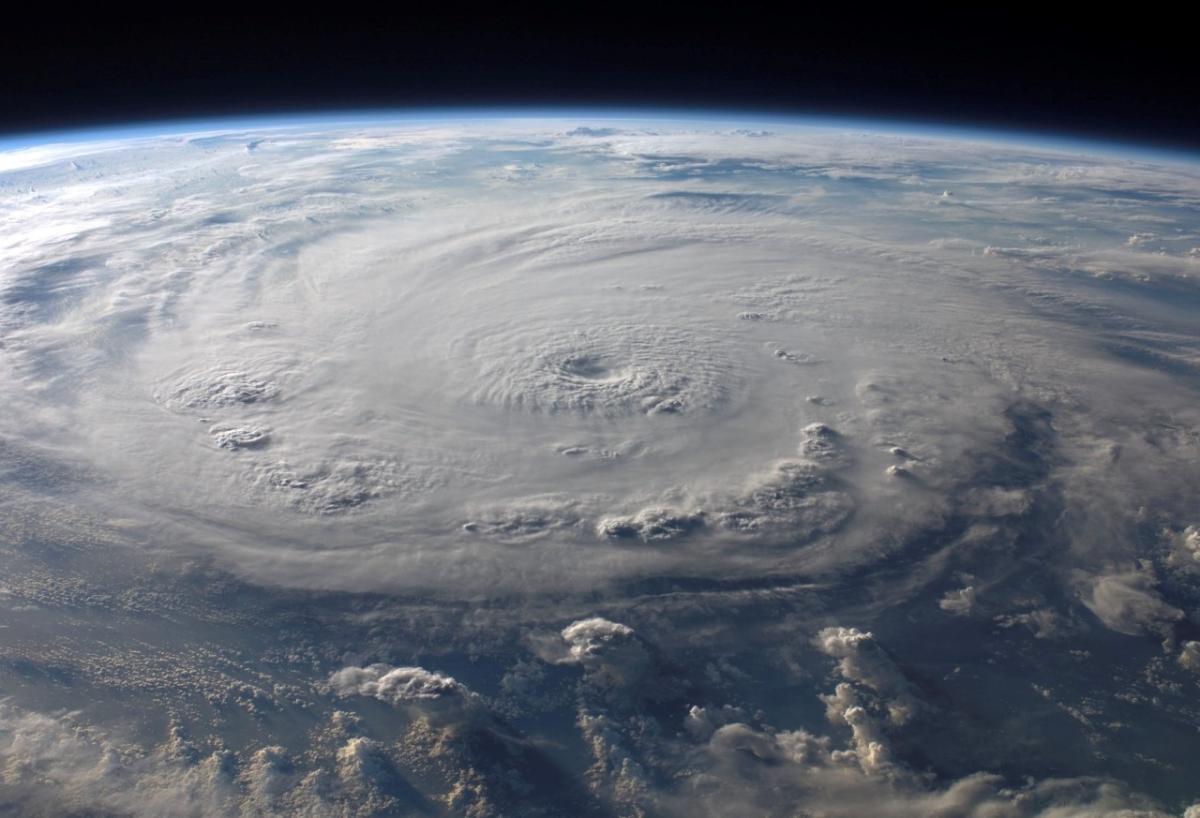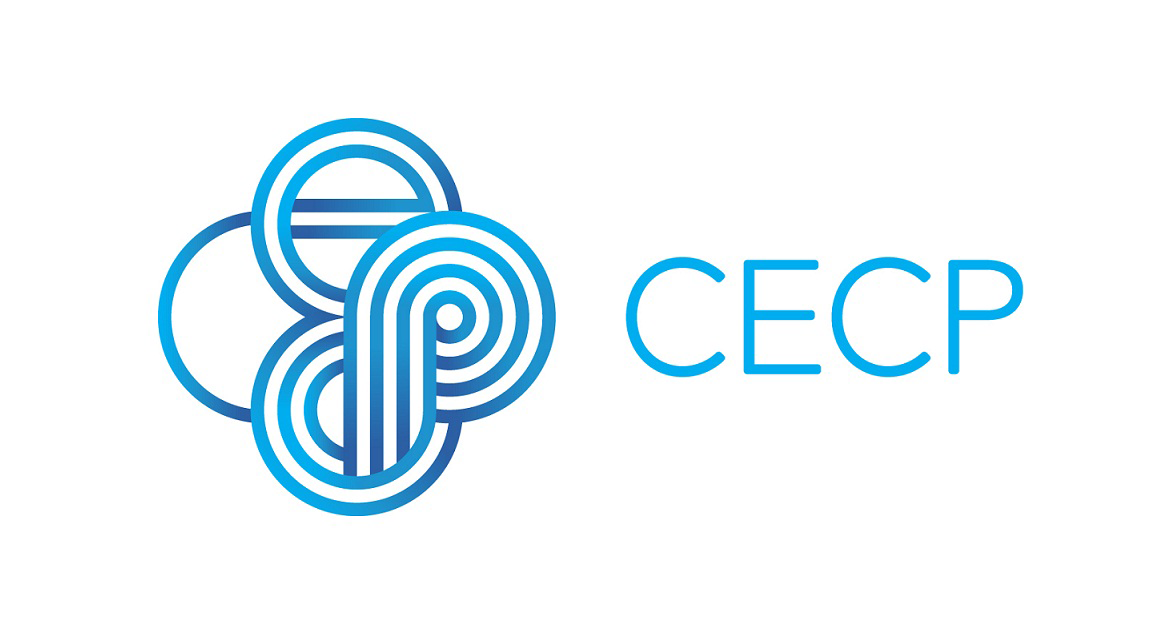Hurricane Michael Highlighted the Growing Diversity of Corporate Responses to Natural Disasters
By Carol Cone, CEO of Carol Cone ON PURPOSE

Hurricane Michael highlighted the growing diversity of corporate responses to n…
Arriving on the heels of Hurricane Florence, Hurricane Michael proved again that companies are making significant commitments to relief and recovery efforts in the wake of natural disasters. Our round-up of Hurricane Florence corporate response efforts covered some innovative ways that companies are reacting to disasters. Unfortunately, we’re already revisiting the topic with a snapshot of how companies reacted to Hurricane Michael, and why it’s increasingly critical for any company to have a disaster response strategy in place.
Disaster Relief is on the rise: Last year’s natural disasters set the pace in terms of increasing companies’ contributions oriented towards Disaster Relief. This program area increased by more than 300% in terms of median cash giving in the last three years, as well as in aggregate: 208% in terms of total cash giving, according to CECP’s 2018 Giving in Numbers report.
Direct cash donations can always be put to use – and we are seeing more companies commit $1 million or more to aid organizations. Yet, a recent call coordinated by the U.S. Chamber of Commerce highlighted three critical and often-overlooked needs that certain companies can meet in addition to – or in place of – cash donations:
- Communications: With basic utilities disrupted, including internet and cell connectivity, many people cannot reach loved ones or emergency services.
- Distribution: There is a lack of functional infrastructure to get donated commodities where they are needed.
- Healthcare: Impacted communities face two acute needs: qualified medical professionals available when their own lives are upended, and equipment, supplies and space in which to treat and house patients.
There are scores of companies in these three industries, with some taking significant action — such as Verizon waiving text, call, and data fees; UPS dedicating trucks to move goods into affected areas; or UnitedHealth Group activating mobile health clinics. By tapping into their core competencies, companies can make a significant difference in the speed and quality of recovery.
Read more on the CECP Insights Blog here.

